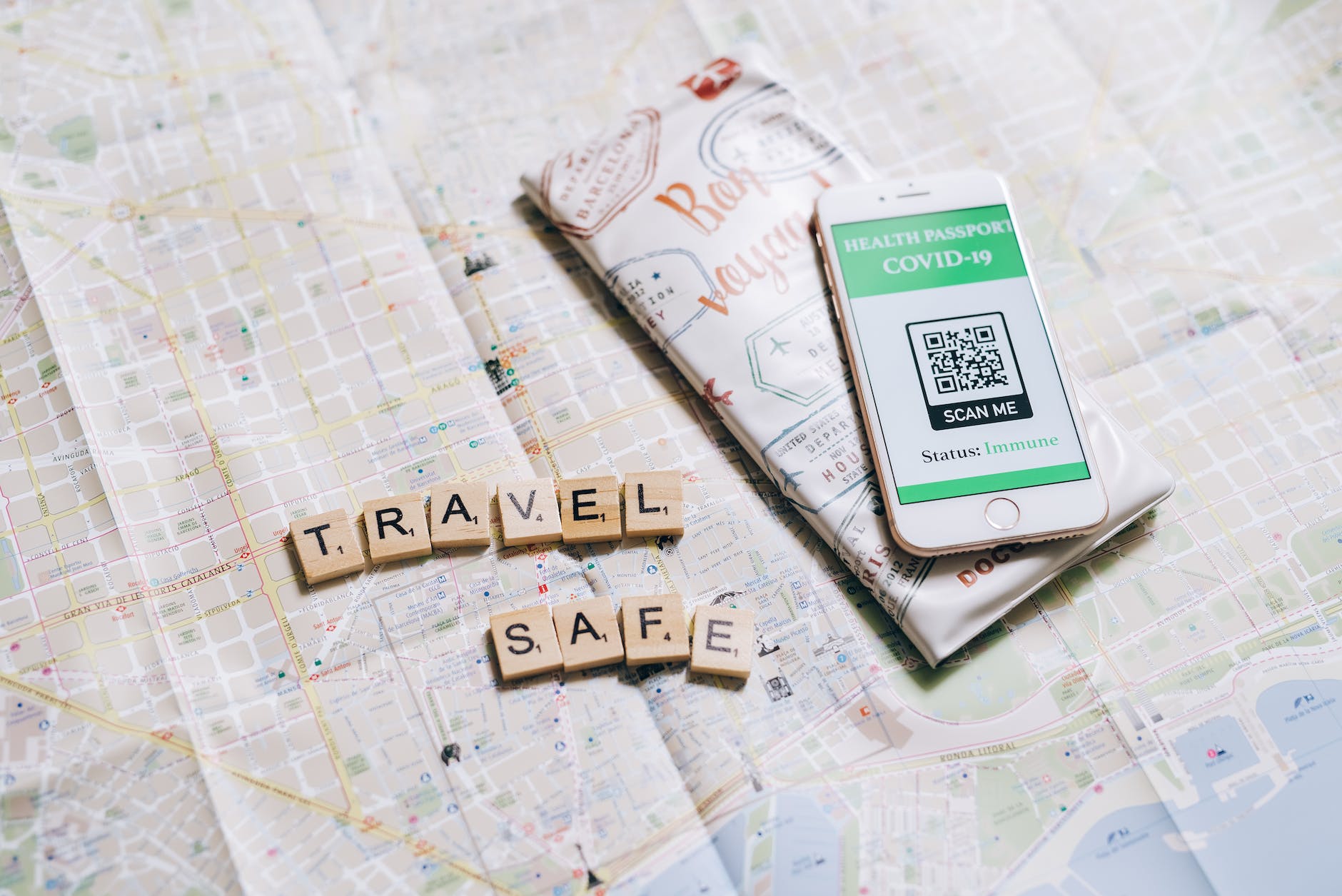
Traveling Safe: 10 Essential Tips for a Secure and Enjoyable Journey
Traveling opens up a world of adventure, discovery, and unparalleled experiences. However, amidst the excitement, it’s crucial to prioritize your safety. Traveling safe has become almost a distinct skill, acquired through time and, sometimes negative, experience. To help you avoid any unnecessary negative encounters, here are key essential tips to ensure your journey is not only enjoyable but also safe.
1. Do Your Research
Before you jet off, research your destination thoroughly. Learn about the local customs, cultural norms, and any travel advisories. Understanding the social and political climate of your destination can help you avoid risky areas and can help you to minimize your profile as a potential target.
To access reliable and up-to-date travel advisories, you can refer to several official websites. These include:
- U.S. Department of State – Travel Advisories: This website provides detailed and regularly updated travel advisories for various countries around the world. It categorizes countries based on the level of caution advised, ranging from “Exercise Normal Precautions” to “Do Not Travel”. The advisories cover a range of factors, including health risks, political conditions, and other safety concerns.
- Government of Canada – Travel Advice and Advisories: This resource offers advice and information on travel conditions in different countries. Similar to the U.S. advisories, it indicates the level of caution to exercise in various destinations, including specific regional advisories where applicable.
- UK Government – Foreign Travel Advice: The UK Government provides travel advice for a vast list of countries. The advice includes safety and security, entry requirements, travel warnings, and health considerations.
These websites are valuable resources for travelers seeking to stay informed about safety and security issues in their intended travel destinations. Regularly checking these advisories can help you make well-informed decisions and prepare adequately for your travels. Keep in mind, that travel advisories might apply to different people to a different extend, depending on their risk tolerance levels and previous experiences.
2. Keep Copies of Important Travel Documents
Always have copies of your important documents like your passport, visa, ID, and travel insurance. Store them separately from the originals and consider keeping digital copies accessible online. You might want to ensure that the documents are kept in a waterproof file or folder.
Also consider one of the following ways to secure your documents:
- Digital Backups: Scan and email copies of your documents to yourself or store them in an online cloud service. This way, you can access them from anywhere in the world. You can also store them on a memory stick or your portable devices like smartphones or laptops. Remember to password-protect these digital copies for added security.
- Email Drafts: Another practical tip is to scan all your travel documents and attach them to a draft email saved in an online email account like Yahoo, Hotmail, or Gmail. This ensures that you can access and print them if needed, from internet cafes or libraries worldwide.
3. Stay Connected and Employ Travel Safety Apps
Keep your loved ones updated on your whereabouts. Share your travel itinerary, including where you’ll be staying and any travel routes you’ll take. In this digital age, regular check-ins via text or social media can provide peace of mind to your family and friends.
Here are some of the best secure travel safety apps to consider:
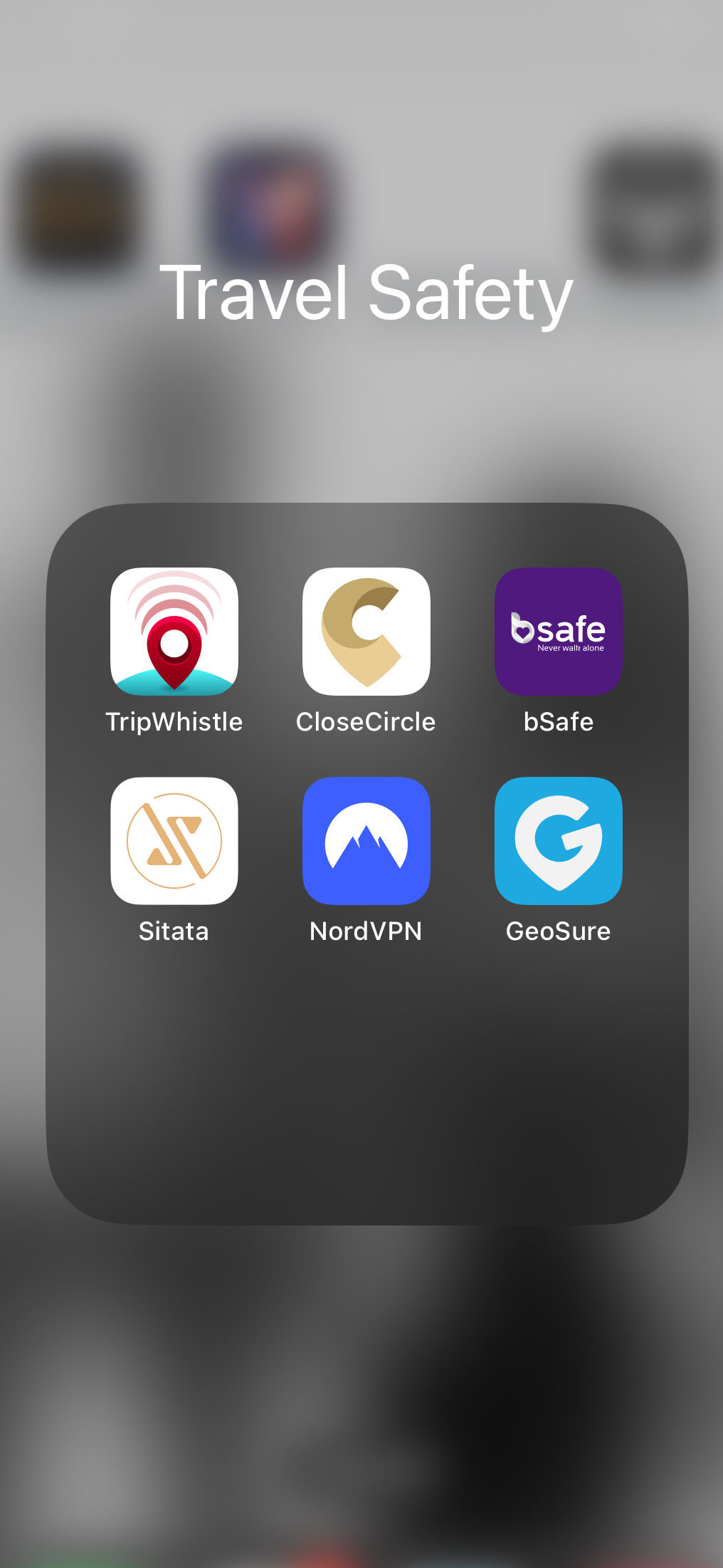
- TripWhistle Global SOS (available for iOS only): Ideal for solo travelers, this app provides a one-button SOS to instantly connect with local first responders worldwide. It offers multilingual support for emergency communication, real-time travel risk notifications, and location sharing for safety monitoring.
- GeoSure (available for iOS and Android): This app provides safety scores and insights for destinations worldwide, assessing neighborhoods based on various safety conditions like crime and health hazards. It helps travelers make informed decisions and stay aware of potential risks.
- Sitata Travel Safe (available for iOS and Android): Known as a comprehensive travel safety app, it monitors global safety threats, disease outbreaks, and other hazards. Sitata provides updated health information, local emergency services contacts, and vaccination recommendations based on your travel plans.
- NordVPN (available for iOS and Android): A Virtual Private Network (VPN) is essential for secure internet use, especially on public Wi-Fi networks. NordVPN hides your online activities and protects sensitive information, making it a valuable tool for internet security while traveling.
- bSafe (available for iOS and Android): This app enables real-time audio and video streaming to your contacts in case of an emergency. It features a voice-activated SOS system, recording everything in real-time, which is essential for maintaining safety in unfamiliar locations.
- CloseCircle (available for iOS and Android): Offering services like a personal virtual bodyguard, CloseCircle provides real-time travel advice and security information. It features continual location tracking, an SOS button for emergencies, and even offers emergency evacuation services.
- VPN Usage: Besides NordVPN, using any reliable VPN app can protect your smartphone data when connected to public Wi-Fi. VPNs can hide or protect your data and make your location unknown, which is crucial for maintaining online privacy and security during travel.
4. Mind Your Health
Traveling exposes you to different environments, so it’s vital to stay on top of your health. Get the necessary vaccinations, pack a basic first aid kit, and know the location of nearby hospitals or clinics. Don’t forget to have adequate health insurance that covers international travel.
For accurate and comprehensive information on necessary vaccinations for travel, you can refer to several reputable websites:
- CDC – Travelers’ Health: This website by the Centers for Disease Control and Prevention offers detailed information on travel vaccines, health notices for various destinations, and other travel health precautions. They provide guidance on specific vaccines needed for different travel destinations and general health advice for travelers.
- HHS – Vaccines for Travelers: The U.S. Department of Health & Human Services provides information on vaccines required for travelers, including which vaccines you may need based on your destination, health condition, and previously received vaccinations. It also gives advice on how far in advance you should get vaccinated before traveling.
- WHO – Vaccines: The World Health Organization offers a global perspective on vaccination, including travel vaccines. Their site provides information about the various vaccines available and guidance for travelers on getting vaccinated before departure.
- NHS – Travel Vaccinations: The National Health Service of the UK lists which vaccinations are necessary or recommended for specific areas. It also provides details on where to get travel vaccines, which ones are available free on the NHS, and which ones you’ll have to pay for. The NHS site is particularly useful for UK-based travelers.
5. Secure Your Belongings
Invest in good-quality luggage and use TSA-approved locks. Be mindful of your surroundings and keep your belongings close, especially in crowded areas. Anti-theft backpacks or bags can be a wise choice.
Consider the following set of accessories to secure your things for travel:
- Anti-Theft Bags: Designed to prevent pickpocketing with features like lockable zippers and cut-resistant materials.
- Hidden Compartments: Essential for safeguarding valuables from thieves.
- RFID-Blocking Wallets: Protect against electronic data theft, ensuring credit card and passport information remains secure.
- Portable Door Locks: Provide additional security in accommodations for peace of mind while traveling.
- Personal Safety Alarms: Serve as a deterrent against potential attackers and can attract attention during emergencies.
Consider purchasing a multipurpose survival tool (like this 18 in 1 SOS Survival Card, which is a compact powerhouse that fits right into your wallet like a credit card. It’s like effortlessly carrying an entire toolbox right there between your debit card and your driver’s license).
6. Be Cautious with Food and Water
To avoid foodborne illnesses, be cautious with street food and ensure your food is thoroughly cooked. In regions where water safety is a concern, drink bottled or filtered water.
Consider additional travel safety measures:
- Avoid Ice in Beverages: In regions where water safety is a concern, avoid ice in your drinks as it may be made from unfiltered water.
- Eat Cooked Food: Ensure that the food you consume is thoroughly cooked, as high temperatures kill most harmful bacteria and viruses.
- Avoid Raw Fruits and Vegetables: Unless you can peel them yourself, it’s safer to avoid raw fruits and vegetables that might have been washed in unsafe water.
- Be Wary of Street Food: While street food is a key part of many cultures, exercise caution. Choose vendors with high turnover, indicating fresh preparation.
- Use Hand Sanitizer: Before eating, clean your hands with hand sanitizer, especially if soap and water aren’t available.
- Check for Cleanliness: Choose eateries that look clean and well-maintained. The cleanliness of a place often reflects the hygiene practices in the kitchen.
- Watch for Allergies: If you have food allergies, learn how to say your allergens in the local language to avoid accidental exposure.
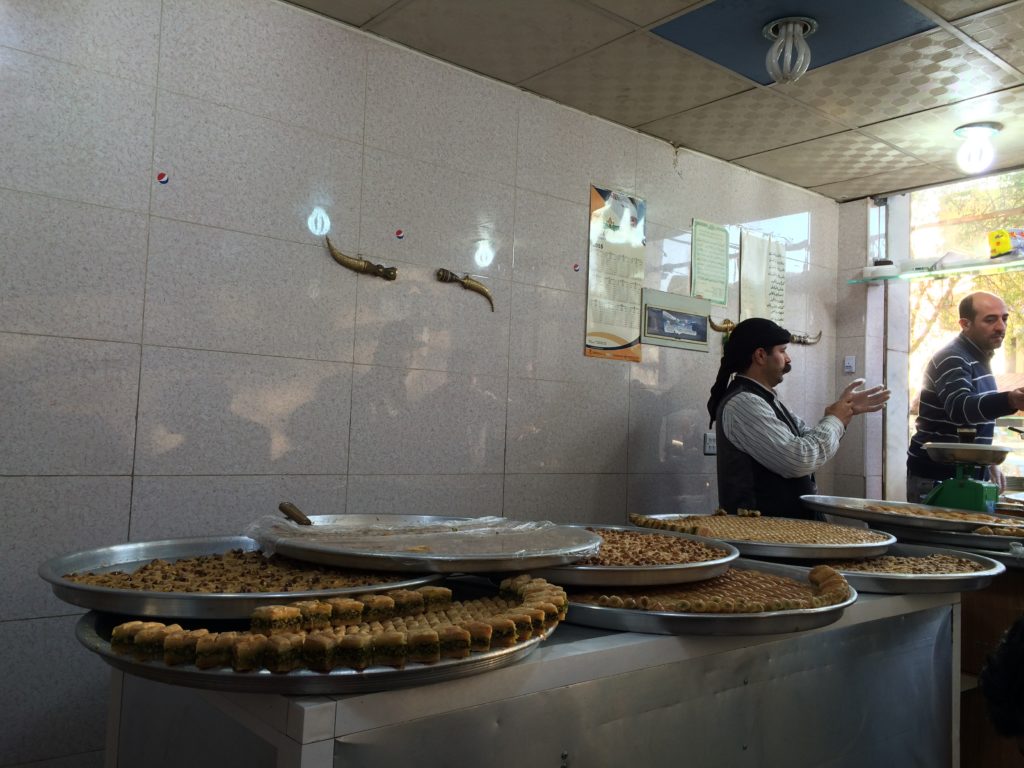
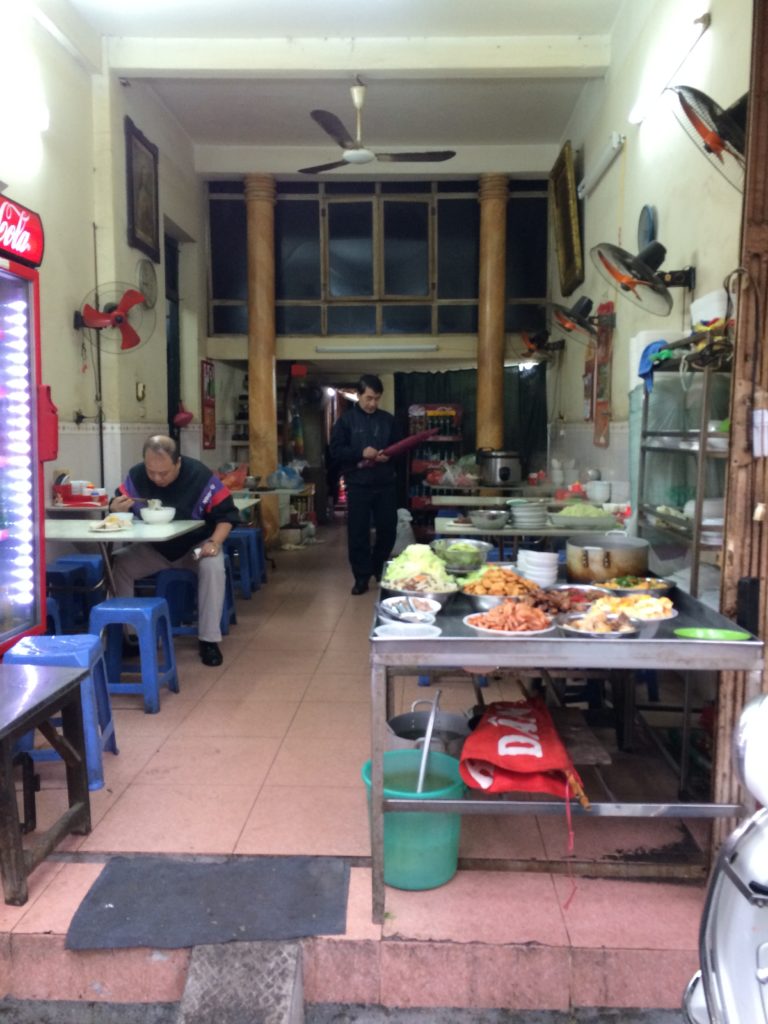
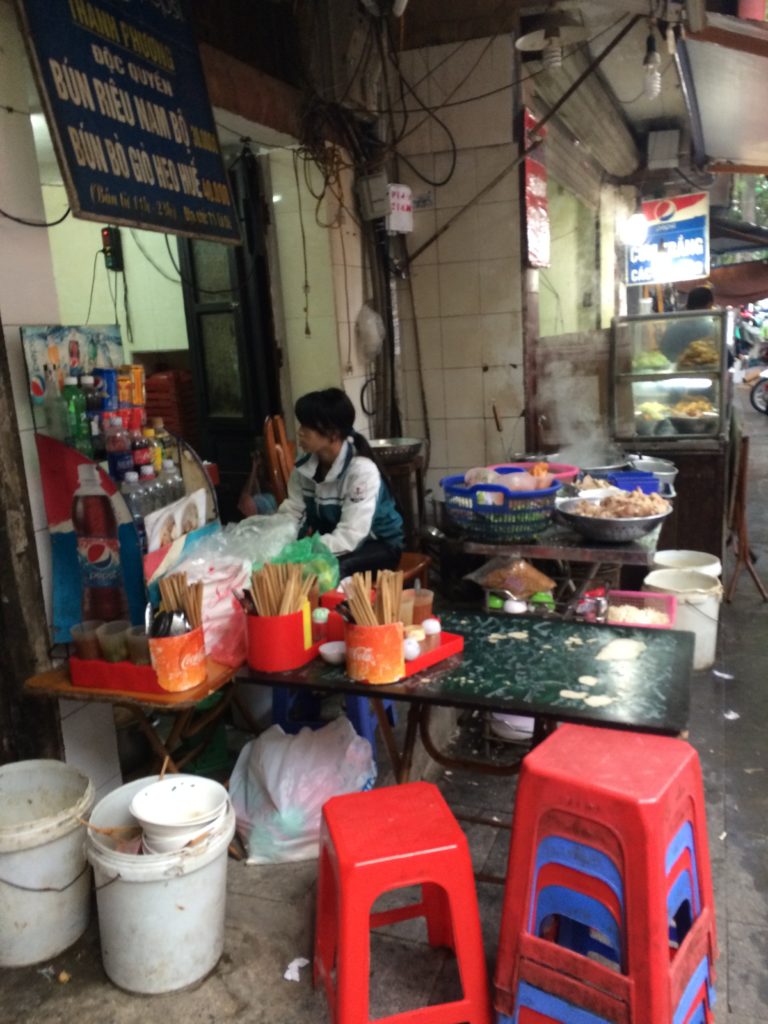

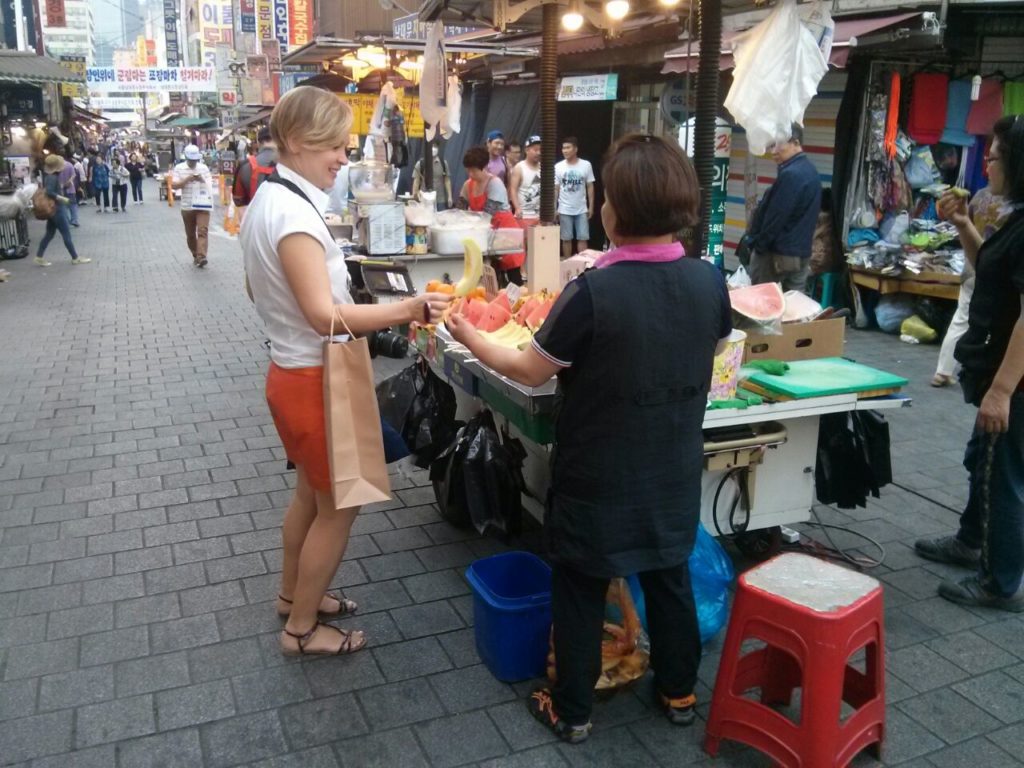
7. Use Trusted Transportation
Research the safest modes of transportation in your destination. Use licensed taxis or reputable ride-sharing services. If you are driving, familiarize yourself with local driving laws and conditions. Keep in mind that in some places a foreign driver might be subject to harassment from the local police, as foreigners might be perceived as more likely to have money for bribes. The following general precautionary measures could be useful:
- Stay Calm and Polite: Maintain a calm demeanor and be respectful to the officer. Agitation or aggression can escalate the situation.
- Ask for Identification: Politely ask to see identification and a badge. Genuine officers should have no issue showing their credentials.
- Request the Reason for the Stop: Inquire politely about the reason you’re being stopped. Understanding the officer’s concerns can help clarify the situation.
- Avoid Paying Bribes: Paying bribes can perpetuate corruption. Instead, ask for a ticket or official documentation of any fines.
- Know Local Laws: Before traveling, familiarize yourself with local laws and customs. Knowing your rights can help you navigate interactions with law enforcement.
- Use Diplomatic Language: If you believe you’re being unfairly treated, express this diplomatically. Suggest going to the police station to sort out the matter if necessary.
- Contact Your Embassy: If the situation doesn’t resolve or escalates, suggest contacting your embassy or consulate for assistance.
- Have Emergency Contacts Handy: Keep a list of emergency contacts, including your embassy’s number, on hand.
- Document the Encounter: If safe to do so, discreetly make notes or record details of the encounter, including the officer’s name, badge number, and the location of the stop.
- Report Corruption: After the incident, report any corrupt behavior to your embassy and, if applicable, local anti-corruption bodies.
- Travel with a Companion: If possible, avoid traveling alone in areas where police corruption is known to be an issue.
- Seek Legal Advice: If you find yourself in legal trouble, seek advice from a reputable local lawyer who can navigate the local legal system.
- Use Social Media Wisely: While sharing your experience on social media might draw attention to your situation, it can also escalate tensions. Use discretion.
8. Respect Local Customs
Respecting local customs and dress codes not only shows cultural sensitivity but can also prevent unwanted attention. Blend in as much as possible and respect local traditions and practices. And, most importantly:
Do not stand out
9. Stay Alert and Trust Your Instincts
Always be aware of your environment and stay alert to any unusual situations.
Trust your instincts – if something feels off, it probably is.
10. Have a Backup Plan
Be prepared for the unexpected. Know your country’s embassy or consulate location and have a plan in case of emergencies, like losing your passport or encountering natural disasters. Have a solid insurance plan and know how to use it – have all the necessary contact numbers saved in your phone and your insurance card at hand.
Use the following set of guidelines to identify the best travel insurance provider for you:
- Consult Multiple Sources: It’s recommended to check with at least two or three travel insurance sources to compare terms, prices, and avoid potentially ineffective policies. The travel insurance market is highly competitive, so exploring multiple options can lead to better deals and more comprehensive coverage.
- Evaluate Your Needs: Consider the specific coverage areas that are most relevant to your travel plans. Look for policies that cover accidental death, baggage loss, damage or delay, emergency medical and dental situations, trip cancellation and interruption, travel delays, and potentially pre-existing medical conditions. Some policies also offer “Cancel For Any Reason” (CFAR) coverage for more flexibility.
- Read the Fine Print: Understanding the details of what is and isn’t covered is crucial. Pay attention to clauses related to pre-existing or existing medical conditions, as these could impact your claim’s success.
- Consider Specialized Coverage: Depending on your destination and activities, you might need specific coverage such as for high-risk activities, rental car damage, terrorism, and weather-related cancellations. Make sure the policy you choose matches your trip’s profile.
- Check Customer Reviews and Company Reputation: Look into the insurance provider’s reputation for handling claims and customer service. Reviews and testimonials can give you insights into the insurer’s reliability and service quality.
- Compare Prices and Coverage: Use comparison websites to review different policies side by side. Sites like Money.com offer tools to compare policies from major insurers, including coverage options, prices, and customer reviews, to help you find the plan that best fits your needs
Final Thoughts
Traveling safe is about being well-prepared, informed, and aware. By following these tips, you can minimize risks and focus on enjoying the enriching experiences that travel brings. Remember, the best journeys are not only about the places you visit but also about doing so safely and responsibly. Happy travels!
Safety doesn’t mean sacrificing fun; it’s about making smart choices that enhance your travel experience. Enjoy your adventures with a sense of security and confidence!

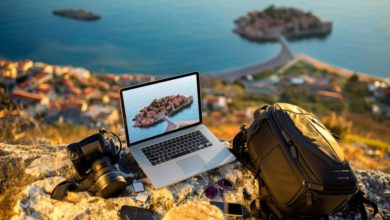
I have been surfing on-line greater than three hours
as of late, but I by no means found any interesting article like yours.
It’s lovely price sufficient for me. In my opinion, if all site owners and bloggers made just right content material
as you probably did, the net might be much more helpful than ever before.